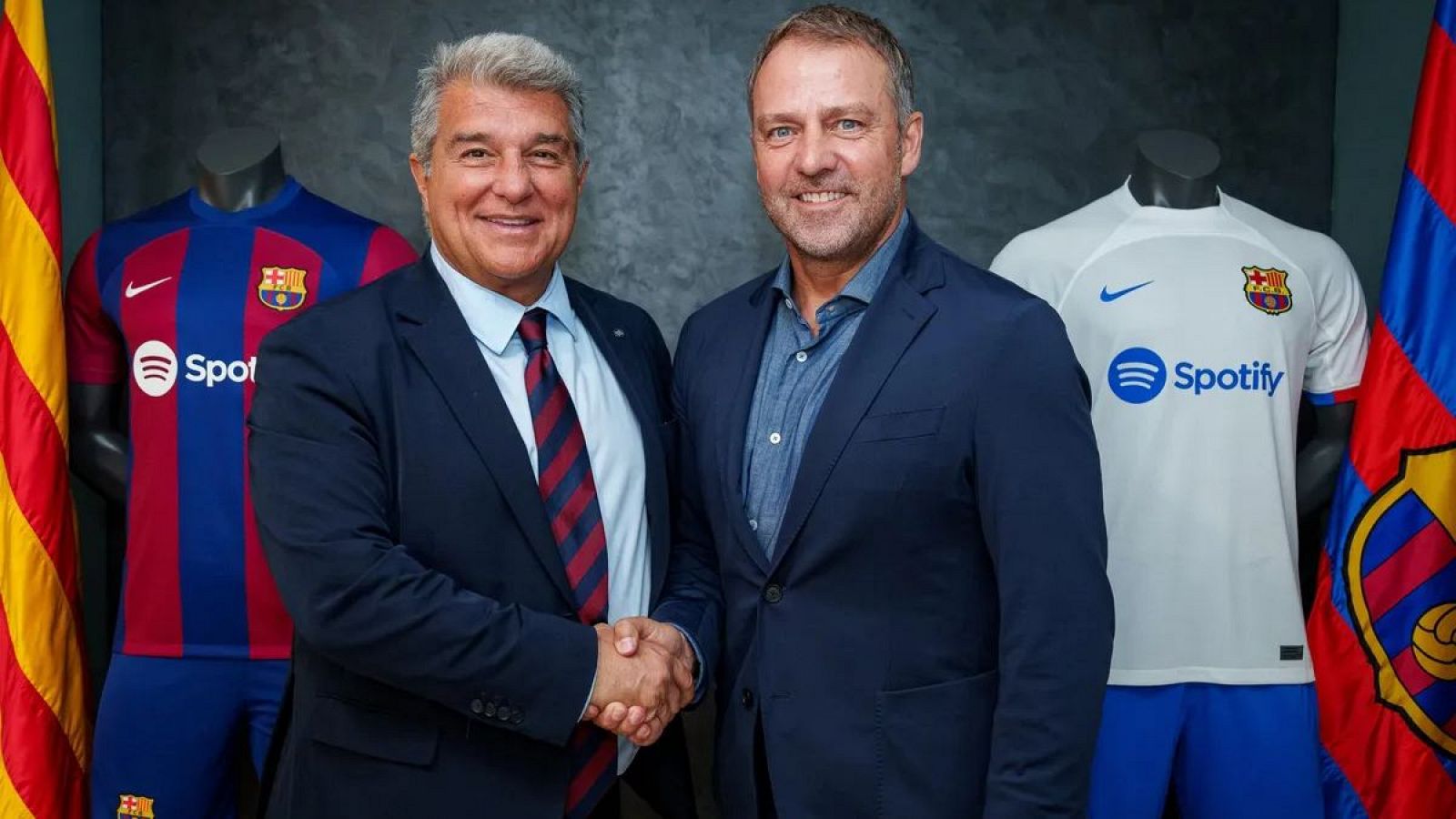Jobs
The CEO of Indeed says that AI is going to ‘radically’ change most jobs—these are the qualities he says employees should be hiring for

AI is changing the employment game, there’s no doubt about that.
But the extent to which it actually transforms the labor market and displaces current workers is very much up for debate. The pessimists believe that robots will take over human jobs, putting millions out of work. But optimists believe that AI is here to augment our work for the better, cutting out busywork and drudgery so that people can spend more time on ideas and creativity.
Chris Hyams, the CEO of jobs platform Indeed, recently sat down with Fortune‘s Diane Brady on the Leadership Next podcast, and shared his view of how AI will impact the jobs landscape. Likening the AI revolution to the birth of the world wide web, Hyams says that this is a disruptive moment. But rather than betting on a radical change in the entire labor market over the next two years, he says it’s more likely that existing jobs will “change pretty radically.”
What does that mean for hiring managers, though, and what qualities should they be looking for in job applicants? “I think it’s actually having a curiosity and an openness,” said Hyams, adding the capacity to “learn new things” will be key. He went on to say that skills like “empathy” were at the top of the list when hiring people—something that ChatGPT doesn’t have.
Hyams isn’t the only one thinking about human-centered skills in the workplace. My colleague Emma Burleigh recently spoke with LinkedIn’s chief economic opportunity officer Aneesh Raman, who said that emotional intelligence is becoming more critical than ever when it comes to judging executive leaders. He zeroed in on five pillars of EQ that companies should look for in their leaders, including curiosity, compassion, courage, communication, and creativity.
“These people skills are going to become more and more core to not just how someone becomes an executive, but the work of executives: Mobilizing teams, and building a company that is human-centric,” says Raman.
Azure Gilman
azure.gilman@fortune.com
Today’s edition was curated by Emma Burleigh.
Around the Table
A round-up of the most important HR headlines.
Amazon announced it will hire 250,000 full-time, part-time, and seasonal staffers to keep up with the busy holiday shopping season, while other retailers said they would scale back hiring. AP
Apollo CEO Marc Rowan says the company has woken its teams up at 4:30am for meetings and brought in outside speakers to tell business horror-stories to motivate its staffers. Business Insider
The number of U.K. employees out of work due to health issues is increasing by 300,000 staffers per year, as more people are suffering physically and mentally from high costs of living and the pandemic. The Guardian
Watercooler
Everything you need to know from Fortune.
Eternal employment. Baby boomers are the most likely generation to be working multiple jobs at once, as inflation and high costs of living are making retirement a more distant dream. —Orianna Rosa Royle
Career sacrifices. Women’s participation in the workforce is suffering from high child care costs, as many mothers are working fewer hours—or none at all—to stay home and take care of their families. —Julie Chabanas, AP
Carrot not stick. After Amazon’s five-day RTO mandate, its subsidiary company Whole Foods told staffers that they wanted to create an “office experience task force” and incentivize workers back into the office. —Jason Del Rey









